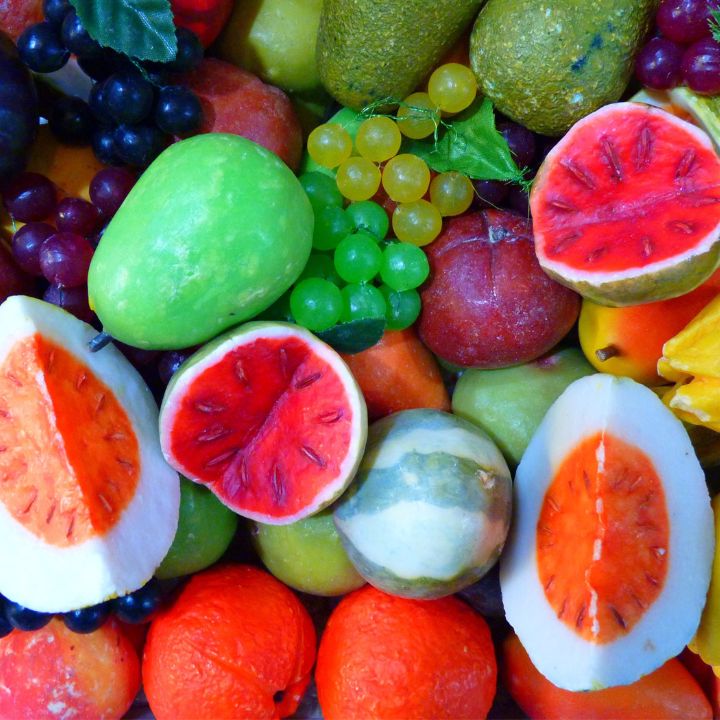Artificial flavors are synthetic substances used to mimic the taste and aroma of natural flavors. They are widely used in the food industry to enhance the flavor of processed foods and to create new and unique flavor combinations. In this article, we will discuss what artificial flavors are, how they are made, their benefits and drawbacks, and their impact on health.




Substitutes for Artificial Flavors
Herbs & Spices
Herbs and spices are a great way to add flavor to your dishes without using artificial flavors. For example, you can use cinnamon, nutmeg, and ginger to add warmth and sweetness to baked goods, or use thyme, oregano, and rosemary to add savory flavors to soups and stews.
Citrus
Citrus fruits, such as lemons, limes, and oranges, can add a tangy and refreshing flavor to your dishes. You can use the juice, zest, or even the whole fruit to add flavor to your recipes.
Vanilla
Vanilla is a popular natural flavoring that can be used in a wide range of recipes. You can use vanilla extract or vanilla beans to add sweetness and depth to baked goods, desserts, and even savory dishes.
Fruit
Fresh or frozen fruits can be used to add natural sweetness and flavor to your recipes. For example, you can use pureed bananas, applesauce, or pumpkin puree to replace some of the sugar and fat in baked goods, or use pureed berries to add a fruity flavor to sauces and dressings.
Extracts
Natural extracts, such as almond, peppermint, and coconut, can be used to add flavor to your recipes. These extracts are made from natural ingredients and can be used in place of artificial flavors.
It’s important to note that natural flavors may not have the same intensity or complexity as artificial flavors, so you may need to experiment with different ingredients and amounts to get the desired flavor. Additionally, natural flavors may have a shorter shelf life than artificial flavors, so it’s important to use them fresh and store them properly.
While artificial flavors may offer some benefits in terms of consistency and versatility, there are also potential health risks associated with their use. If you are looking to substitute artificial flavors in your cooking or baking, there are many natural flavoring options you can try, such as herbs and spices, citrus, vanilla, fruit, and extracts. By using natural flavors, you can add depth and complexity to your dishes while avoiding the potential health risks associated with artificial flavors.

